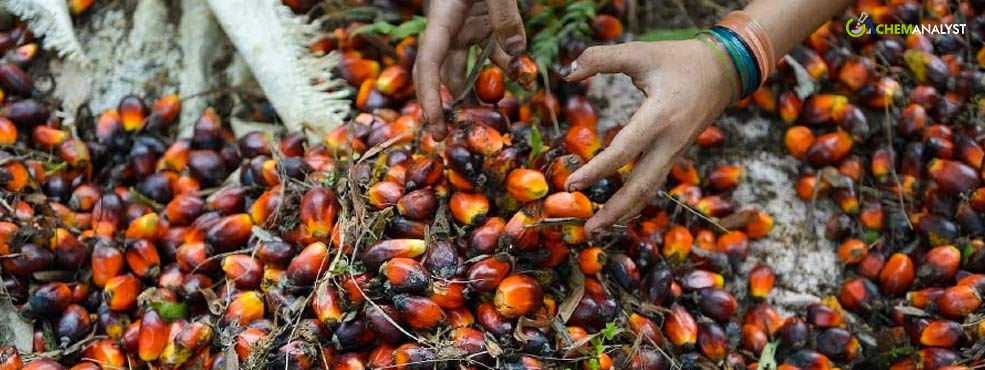Welcome To ChemAnalyst

The most recent report issued by the US Department of Agriculture (USDA) presents projections indicating a notable uptick in global palm oil production for the 2023/24 period, expected to reach an unprecedented 79.5 million tonnes. This forecast signifies a modest increase of nearly 2% in comparison to the preceding year.
The driving force behind this anticipated surge in production lies in the projected uptick from Malaysia and Indonesia, the two primary palm oil-producing nations worldwide. Despite encountering temporary limitations on Malaysian production due to seasonal factors, the USDA projects a production output of 19 million tonnes, reflecting an increment of 613,000 tonnes from the previous year.
Nevertheless, the potential for immediate amplifications in palm oil production is somewhat restricted. Even with efforts to accelerate plantation activities, substantial enhancements in yield are not foreseen for at least another three to four years. Given the typical economic lifespan of oil palm plantations, estimated to be around 25 years, any annual growth in production is expected to proceed gradually, at least within the foreseeable future. This expectation is predicated upon the absence of further expansion in palm oil cultivation, be it through alterations in land use or, in the worst-case scenario, the clearance of virgin forests.
In an effort to mitigate such risks, the Renewable Energy Directive (RED II) has been implemented. This directive aims to mandate that biofuels derived from palm oil, encompassing biodiesel and hydrotreated vegetable oil (HVO), will no longer contribute towards national quota obligations by the year 2030. Member states of the European Union (EU) have been granted the authority to expedite this process of exclusion. Several member states, among them France and Germany, have exercised this authorization, thereby eliciting a legal challenge from Malaysia before the World Trade Organization (WTO).
In a recent development, the WTO upheld that the sustainability criteria outlined in RED II substantiate the exclusion of palm oil. This ruling, as highlighted by the Union for the Promotion of Oil and Protein Plants (UFOP), establishes a precedent with significant ramifications on a global scale. The UFOP anticipates a similar outcome in the ongoing case brought forth by the Indonesian government, thereby reinforcing the importance of sustainability measures in the production and trade of palm oil.
Palm oil, extracted from the mesocarp (reddish pulp) of oil palms' fruit, serves various purposes across industries. It finds application in food manufacturing, beauty products, and serves as a source of biofuel.
We use cookies to deliver the best possible experience on our website. To learn more, visit our Privacy Policy. By continuing to use this site or by closing this box, you consent to our use of cookies. More info.
